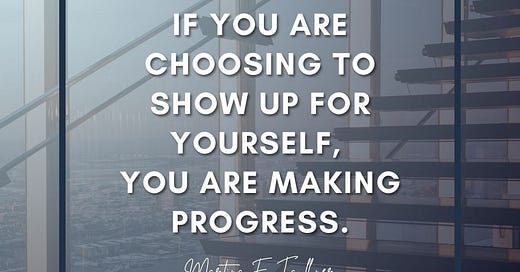Years ago when I was in grad school, I went to dinner with some friends who were much further along their career paths than I, even though they were either my age or younger. I returned to graduate school later in life, which meant that I had more life experience, but less of an academic foundation. As such, our conversations were always interesting and I enjoyed the subtle nuances we were able to explore together as we discussed a wide range of topics.
At this particular dinner, I remember expressing my frustration over a specific class and its requirements. All three of my friends responded with some variation of “good enough is actually good enough” in their comments. What they were saying was that this specific endeavor was, in a word, transactional. In exchange for the work I did, I would receive a grade. Just like, in exchange for the tuition I was paying, I would receive instruction. In a single moment, graduate school had been distilled down to a series of transactions. Nothing more. They weren’t wrong, of course, but the idealist in me wished it were different.
... progress is still progress, no matter how linear it is or how slowly it goes.
The realist in me knew that the person next to me who was putting in minimal effort would walk across the same stage and receive the same diploma. It was transactional. Graduate school is different from undergrad or high school, in that your GPA or individual grades are rarely a source of consideration for a job. Your degree is, but not necessarily how you performed in a specific class. Hence, it could be transactional. This also meant that it was up to me to get out of the experience what I wanted or needed. That single conversation over dinner prompted me to revisit how I thought about many things in my life, and there was one area that came up time and time again, specifically in relation to my clients…




